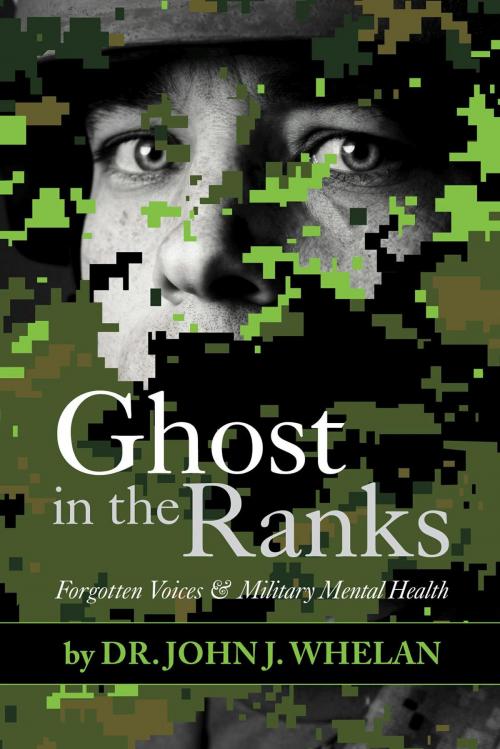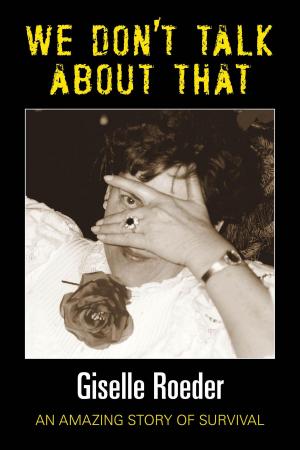Ghost in the Ranks
Forgotten Voices & Military Mental Health
Nonfiction, Health & Well Being, Psychology, Psychotherapy, Family & Relationships, Family Relationships| Author: | John J. Whelan | ISBN: | 9781460285312 |
| Publisher: | FriesenPress | Publication: | April 22, 2016 |
| Imprint: | Language: | English |
| Author: | John J. Whelan |
| ISBN: | 9781460285312 |
| Publisher: | FriesenPress |
| Publication: | April 22, 2016 |
| Imprint: | |
| Language: | English |
Operational Stress Injuries and Post-Traumatic Stress Disorder (PTSD) are among the possible consequences facing members of the Canadian military. Unlike the potential physical consequences of dangerous deployments, psychological injuries are not always apparent. Military members are taught a mental skillset to help them manage their internal emotional worlds allowing them to do extraordinary things. Unfortunately, while ingrained military training prepares our men and women for action as capable soldiers, this same training may also require them to trade aspects of their humanness—sowing the seeds for lingering mental distress. As a result, those most affected are left in a limbo, disconnected from their military roles and yet unable to relate to their former civilian lives. They become ghosts of their former selves, haunting the ranks until, more often than not, they find themselves on the outside looking in, with unacknowledged scars, anger, and regret. We ask a great deal of our men and women in uniform; if a shift in culture can help members of our military with mental distress, we owe it to them to make that shift possible.
Operational Stress Injuries and Post-Traumatic Stress Disorder (PTSD) are among the possible consequences facing members of the Canadian military. Unlike the potential physical consequences of dangerous deployments, psychological injuries are not always apparent. Military members are taught a mental skillset to help them manage their internal emotional worlds allowing them to do extraordinary things. Unfortunately, while ingrained military training prepares our men and women for action as capable soldiers, this same training may also require them to trade aspects of their humanness—sowing the seeds for lingering mental distress. As a result, those most affected are left in a limbo, disconnected from their military roles and yet unable to relate to their former civilian lives. They become ghosts of their former selves, haunting the ranks until, more often than not, they find themselves on the outside looking in, with unacknowledged scars, anger, and regret. We ask a great deal of our men and women in uniform; if a shift in culture can help members of our military with mental distress, we owe it to them to make that shift possible.















